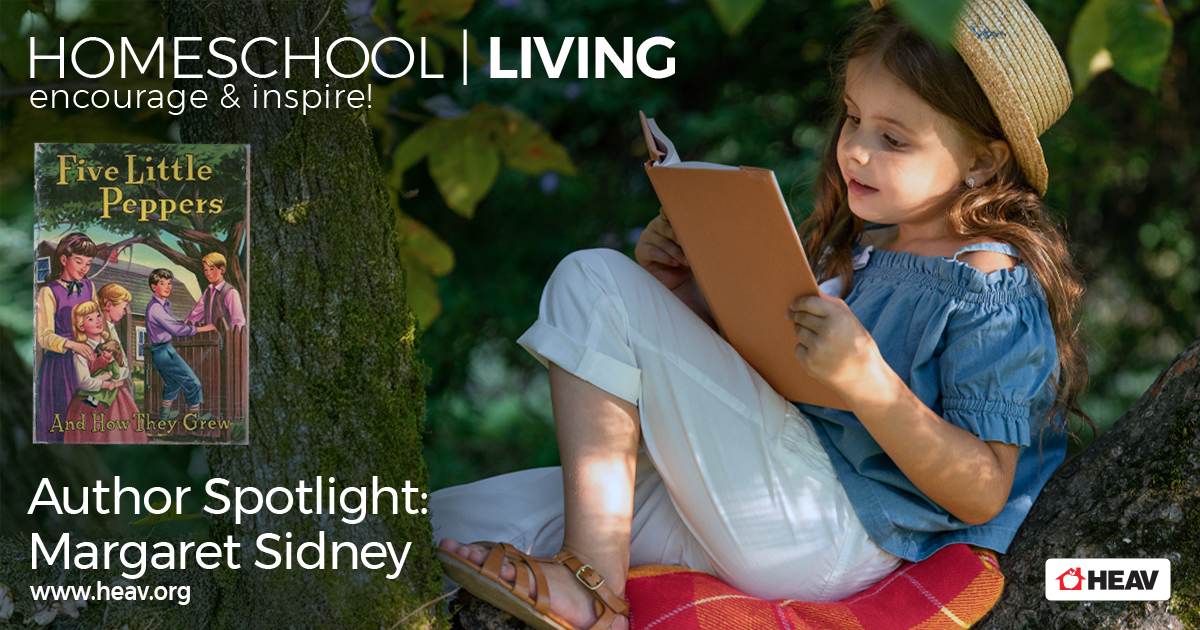Three Takes on Anger
by Lynna Sutherland
Every family has relationship issues. Homeschooling tends to bring those issues to the surface. It’s hard to deny the struggles when we face them “up close and personal” every day. Almost every homeschool mom I know has dealt with anger. I want to share with you three perspectives on anger that have helped me to process these feelings and the reasons behind them.
Love
Tim Keller, pastor of Redeemer Presbyterian church, says in The Healing of Anger that what makes us angry tells us something about what we love. It is right to be angry about harm done to innocent or defenseless people. But if we’re honest, often our anger isn’t motivated by love for others.
One of the times when I am most likely to get angry is when we are in a hurry to go and the kids are moving too slowly. What do I love most? Well, I love appearing organized. I love my own convenience. I love being thought of by others as someone who is punctual and manages her children and time efficiently.
None of those are actually bad things to desire. But when those desire-priorities are out of order (St. Augustine would call them “disordered loves”), I am tempted to be angry with anything that gets in the way of what I love and what I desire. When I am angry with my children, I can ask myself, “Am I loving something else more than my children right now?”
Deserve
Another way to examine the same struggle is to ask myself what it is that I believe I deserve. Often times I find myself angry because I believe that I’m not getting an appropriate return on my “investment” into my children. I think of all the teaching and training I’ve done and feel cheated that they aren’t more mature, helpful, or obedient. I believe that I don’t deserve to deal with their repeated struggles and failures.
Generally, when I am thinking this way, it means that I’ve forgotten how many times I repeatedly struggle with the same things (like being angry with my children!) and how often I myself fail. If my husband and children have to live with someone who continues to mess up, why do I tell myself I shouldn’t have to?
On a few occasions, my husband has come home from a rough day and been easily irritable. When my hackles begin to rise and I feel myself saying, “I don’t deserve this!” I realize that, while nothing excuses unkindness, it is perhaps a gift to experience what it feels like to be on the other side of a short temper.
Expect
A wise teacher explained that anger occurs when there is a disconnect between expectation and reality. I expected to come upstairs and find the children cleaning their rooms, but instead they were playing (or fighting!). I expected everyone to help clear the table, but instead they ran off to play and left it all for me to manage.
Recently I observed an interesting phenomenon. Two mothers can read the same parenting book and have completely different reactions. One mother will declare it gospel-based, gentle, and helpful. The other will condemn it as legalistic and causing tension in the home. What could be the difference? I truly believe that the difference is found in the expectations created. If you read a book about child nurturing and then expect it to fix your children by Thursday, you’ve just opened a giant gap between expectation and reality and created the perfect storm for an angry mama.
Sometimes the answer to closing the gap between expectation and reality is to manage routines and improve training. But more often, I’ve found the answer to be that I need to adjust my expectations. No, we don’t need to lower our standards—our long-range goals and objectives for raising mature and responsible children. We need to adjust our expectations of how much progress we can reasonably expect from one child in one day. No one, no matter how well loved and instructed, can make more than 24 hours’ progress in one day.
Thinking about the reasons behind our anger is the first step in processing this struggle. Next month we’ll talk about some on-the-ground strategies for handling mom-anger. What situations cause the greatest challenge for you? Do you recognize any of the above thought patterns?
_______________________
Lynna Sutherland blogs at Homeschooling Without Training Wheels, where she loves to remind moms (and herself!) of the freedom and flexibility that comes with homeschooling! Lynna and her husband have seven children. The motto of their homeschool is “Wisdom Is the Principal Thing” from Proverbs 4:7. You can follow Lynna on Instagram, Facebook, Pinterest, Twitter, and Periscope.










